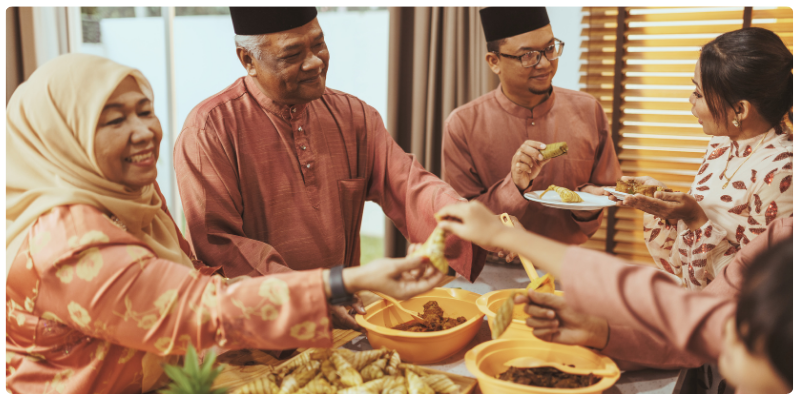This week, millions of Muslims around the world have been celebrating Eid al-Fitr, the festival that marks the end of Ramadan.
If you noticed your colleagues, neighbours, or friends dressed in their finest clothes, exchanging warm greetings, or sharing delicious sweets, you may have caught a glimpse of this significant occasion. But beyond the visible festivities, Eid al-Fitr carries a deep cultural and spiritual significance that is a powerful anchor for helping many make Australia their home.
I had the privilege to attend a mosque for the first time last week and was struck by the sense of solidarity and community amongst the women in the prayer line. Those with small children were also not left out, and children, from the youngest to the oldest, were able to be a part of the gathering. With many migrants not having family in Australia, these occasions and gatherings provide a wonderful sense of belonging and safety.
What is Eid al-Fitr and How is It Celebrated?
Eid al-Fitr, often referred to as the “Festival of Breaking the Fast,” is a time of joy and gratitude that follows the month-long observance of Ramadan. Throughout Ramadan, Muslims fast from sunrise to sunset, refraining not just from food and drink but also focusing on self-discipline, reflection, and charitable acts. The fast is broken at sunset each day, and at the conclusion of Ramadan, Eid al-Fitr becomes a grand celebration of faith, community, and generosity.
It begins with special morning prayers, bringing communities together in mosques or open spaces. Before these prayers, Muslims are required to give a charitable donation called Zakat al-Fitr, ensuring that those in need can also partake in the celebrations. The giving spirit extends to family, friends, and even strangers, as homes are filled with food, laughter, and hospitality. Traditional foods vary by culture, but sweet treats, savory dishes, and shared meals are central to the festivities.
A Month of Significant Religious Celebrations
Eid al-Fitr is also the first of several major religious celebrations taking place in April. This month also includes the Jewish celebration of Passover and the Christian observance of Easter. All these holidays carry deep spiritual meaning and traditions that bring families and communities together. Like many Western countries, Australia provides room for people of all religions to freely participate and practice their faith. In a world where many are persecuted for their beliefs, this freedom is truly a blessing. Recognizing and respecting different religious celebrations helps foster a more inclusive society where everyone can express their faith without fear.
So, did you notice the celebrations this week? If not, perhaps this is an opportunity to learn more, ask good questions, or make room for difference. During this time of year, why not try a traditional dish, engage in conversations with friends with a different worldview, or simply acknowledge the holiday? Small acts of awareness and kindness can go a long way in creating a more inclusive and respectful society, and making someone feel welcome in Australia.

